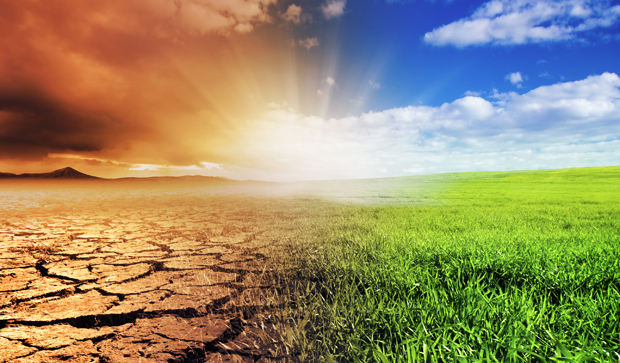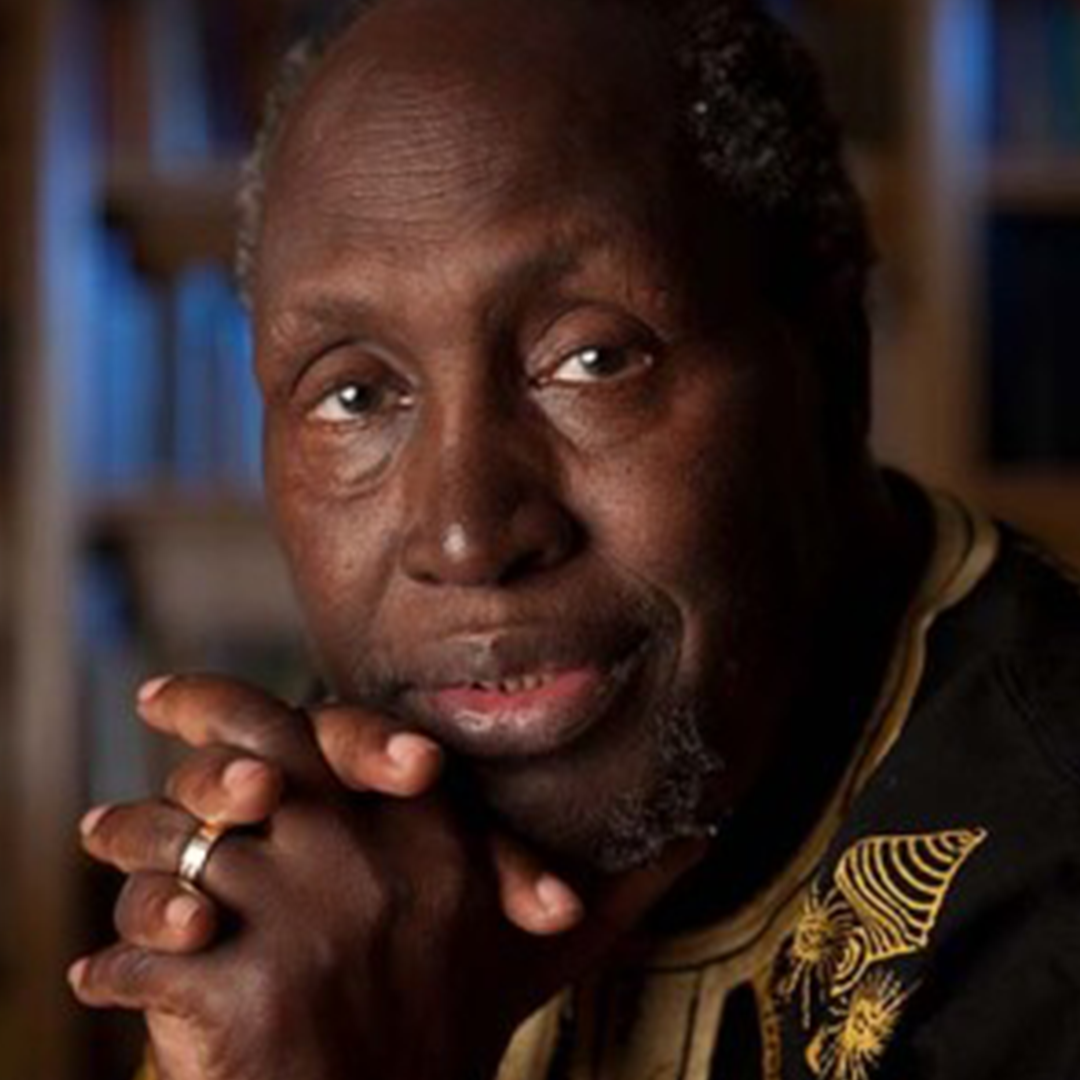4 Sep 2018 | Magazine, Magazine Contents, Volume 47.03 Autumn 2018
[vc_row][vc_column][vc_custom_heading text=”With contributions from Ian Rankin, Herta Müller, Peter Sands, Timandra Harkness, David Ulin, John Lloyd, Sheng Keyi and Nazanin Zaghari-Ratcliffe”][/vc_column][/vc_row][vc_row][vc_column][vc_column_text]
The autumn 2018 issue of Index on Censorship magazine looks at the ways in which we might be turning away from facts and science across the globe.
We examine whether we have lost the art of arguing through Julian Baggini‘s piece on the dangers of offering a different viewpoint, and the ways we can get this art back through Timandra Harkness‘ how-to-argue guide. Peter Sands talks about the move towards more first person reporting in the news and whether that is affecting public trust in facts, while Jan Fox talks to tech experts about whether our love of social media “likes” is impacting our ability to think rationally.
We also go to the areas of the world where scientists are directly under threat, including Hungary, with Dan Nolan interviewing academics from the Hungarian Academy of Scientists, Turkey, where Kaya Genç discusses the removal of Darwin from secondary school education, and Nigeria, where the wellness trend sees people falling as much for pseudoscience as actual science, writes Wana Udobang.
[/vc_column_text][/vc_column][/vc_row][vc_row][vc_column][vc_single_image image=”102490″ img_size=”full”][/vc_column][/vc_row][vc_row][vc_column][vc_column_text]
Outside of the special report, don’t miss our Banned Books Week special, featuring interviews with Kamila Shamsie, Olga Tokarczuk and Roberto Saviano. We also have contributions from Kenyan author Ngũgĩ wa Thiong’o on his time in prison and how that might have shaped his creativity and Nobel Prize-winning writer Herta Müller on being questioned by Romanian secret police.
Finally, do not miss best-selling crime writer Ian Rankin‘s exclusive short story for the magazine and poems written by imprisoned British-Iranian mother Nazanin Zaghari-Ratcliffe, which are published here for the first time.
[/vc_column_text][/vc_column][/vc_row][vc_row][vc_column][vc_custom_heading text=”Special Report: The Age of Unreason”][/vc_column][/vc_row][vc_row][vc_column][vc_column_text]
Turkey’s unnatural selection, by Kaya Genç: Darwin is the latest victim of an attack on scientific values in Turkey’s education system
An unlikeable truth, by Jan Fox: Social media like buttons are designed to be addictive. They’re impacting our ability to think rationally
The I of the storm, by Peter Sands: Do journalists lose public trust when they write too many first-person pieces?
Documenting the truth, by Stephen Woodman: Documentaries are all the rage in Mexico, providing a truthful alternative to an often biased media
Cooking up a storm, by Wana Udobang: Wellness is finding a natural home in Nigeria, selling a blend of herbs – and pseudoscience
Talk is not cheap, by Julian Baggini: It’s only easy speaking truth if your truth is part of the general consensus. Differing viewpoints are increasingly unwelcome
Stripsearch, by Martin Rowson: Don’t believe the experts; they’re all liars
Lies, damned lies and lies we want to believe, by Rachael Jolley: We speak to TV presenter Evan Davis about why we are willing to believe lies, no matter how outlandish
How to argue with a very emotional person, by Timandra Harkness: A handy guide to debating successfully in an age when people are shying away from it
Brain boxes, by Tess Woodcraft: A neuroscientist on why some people are willing to believe anything, even that their brains can be frozen
Identity’s trump cards, by Sarah Ditum: We’re damaging debate by saying only those with a certain identity have a right to an opinion on that identity
How to find answers to life’s questions, by Alom Shaha: A physics teacher on why a career-focused science approach isn’t good for students thinking outside the box
Not reading between the lines, by David Ulin: Books aren’t just informative, they offer a space for quiet reflection. What happens if we lose the art of reading?
Campaign lines, by Irene Caselli: Can other campaigners learn from Argentina’s same-sex marriage advocates how to win change?
Hungary’s unscientific swivel, by Dan Nolan: First they came for the humanities and now Hungary’s government is after the sciences
China’s deadly science lesson, by Jemimah Steinfeld: How an ill-conceived campaign against sparrows contributed to one of the worst famines in history
Inconvenient truths, by Michael Halpern: It’s a terrible time to be a scientist in the USA, or is it? Where there are attacks there’s also resistance
[/vc_column_text][/vc_column][/vc_row][vc_row][vc_column][vc_custom_heading text=”Global View”][vc_column_text]
Beware those trying to fix “fake news”, by Jodie Ginsberg: If governments and corporations become the definers of “fake news” we are in deep trouble
[/vc_column_text][/vc_column][/vc_row][vc_row][vc_column][vc_custom_heading text=”In Focus”][vc_column_text]
Cry freedom, by Rachael Jolley: An interview with Trevor Phillips on the dangers of reporters shying away from the whole story
When truth is hunted, by Ngũgĩ wa Thiong’o: The award-winning Kenyan author on having his work hunted and why the hunters will never win
Return of Iraq’s silver screen, by Laura Silvia Battaglia: Iraq’s film industry is reviving after decades of conflict. Can it help the nation rebuild?
Book ends, by Alison Flood: Interviews with Olga Tokarczuk, Kamila Shamsie and Roberto Saviano about the best banned books
Pricing blogs off the screen, by Amanda Leigh Lichtenstein: The Tanzanian government is muzzling the nation’s bloggers through stratospheric fees
Modi’s strange relationship with the truth, Anuradha Sharma: The Indian prime minister only likes news that flatters him. Plus John Lloyd on why we should be more concerned about threats to Indian media than US media
[/vc_column_text][/vc_column][/vc_row][vc_row][vc_column][vc_custom_heading text=”Culture”][vc_column_text]
Word search, by Ian Rankin: The master of crime writing spins a chilling tale of a world in which books are obsolete, almost, in an Index short story exclusive
Windows on the world, by Nazanin Zaghari-Ratcliffe and Golrokh Ebrahimi Iraee: The British-Iranian mother and her fellow inmate on life inside Tehran’s notorious Evin prison. Plus poems written by both, published here for the first time
Metaphor queen, by Sheng Keyi: The Chinese writer on talking about China’s most sensitive subjects – and getting away with it, sort of. Also an exclusive extract from her latest book
[/vc_column_text][/vc_column][/vc_row][vc_row][vc_column][vc_custom_heading text=”Column”][vc_column_text]
Index around the world, by Danyaal Yasin: A member of the new Index youth board from Pakistan discusses the challenges she faces as a journalist in her country
[/vc_column_text][/vc_column][/vc_row][vc_row][vc_column][vc_custom_heading text=”Endnote”][vc_column_text]
Threats from China sent to UK homes, by Jemimah Steinfeld: Even outside Hong Kong, you’re not safe criticising Chinese-government rule there. We investigate threatening letters that have appeared in the UK
[/vc_column_text][/vc_column][/vc_row][vc_row][vc_column width=”1/3″][vc_custom_heading text=”Subscribe”][vc_column_text]In print, online. In your mailbox, on your iPad.
Subscription options from £18 or just £1.49 in the App Store for a digital issue.
Every subscriber helps support Index on Censorship’s projects around the world.
 SUBSCRIBE NOW[/vc_column_text][/vc_column][vc_column width=”1/3″][vc_single_image image=”102479″ img_size=”medium”][/vc_column][vc_column width=”1/3″][vc_custom_heading text=”Listen”][vc_column_text]The Autumn 2018 magazine podcast, featuring interviews with Academy of Ideas founder and director Claire Fox, Tanzanian blogger Elsie Eyakuze and Budapest-based journalist Dan Nolan.
SUBSCRIBE NOW[/vc_column_text][/vc_column][vc_column width=”1/3″][vc_single_image image=”102479″ img_size=”medium”][/vc_column][vc_column width=”1/3″][vc_custom_heading text=”Listen”][vc_column_text]The Autumn 2018 magazine podcast, featuring interviews with Academy of Ideas founder and director Claire Fox, Tanzanian blogger Elsie Eyakuze and Budapest-based journalist Dan Nolan.
LISTEN HERE[/vc_column_text][/vc_column][/vc_row]
8 Oct 2013 | News and features, Politics and Society, The climate crisis, United Kingdom, United States

(Photo Illustration: Shutterstock)
The continuing advance of climate science, as reflected in the Intergovernmental Panel on Climate Change’s recently released Fifth Assessment Report, points ever more strongly to the need for an expedited phase-out of carbon emissions from fossil fuels. Only a fundamental transformation of the current energy system during the coming decades may make it possible to avert disastrous impacts of global climatic disruption.
Carrying out such a transformation would be a political, economic, and technological challenge under the best of circumstances. But it is made especially difficult by corporate and ideologically driven opposition — most notably, by pressure from fossil fuel production interests to protect their strategic position and set the terms for government policymaking.
The United States and Canada exemplify the power of the dominant energy interests. The governments of both countries strongly support the expansion of domestic fossil energy extraction, production, and export. But the collision between climate science and energy politics, and threats to freedom of communication, are playing out differently in the two countries.
With the Harper government in Canada, for years we have witnessed an ongoing repression of climate and environmental science communication by government scientists, along with systematic cutbacks of environmental research and data collection. “Harper’s attack on science: No science, no evidence, no truth, no democracy“, an excellent review and discussion in the May 2013 issue of the Canadian journal Academic Matters, itemized a series of moves by the Harper government to control or prevent the free flow of scientific information across Canada, particularly when that information highlights the undesirable consequences of industrial development. The free flow of information is controlled in two ways: through the muzzling of scientists who might communicate scientific information, and through the elimination of research programs that might participate in the creation of scientific information or evidence.
It appears that the issues on which government scientists are subjected to the tightest political control of communications include climate change, the Alberta tar sands, the oil and gas industry, and Arctic wildlife. In other words, issues on which free communication of scientific evidence could pose problems for corporate energy development interests.
The situation in Canada has driven government scientists to hold public protest rallies twice in the last year. In September, rallies in major city centers and on university campuses were held across the country.
“It isn’t the way science is supposed to be. It’s not the way science used to be, the way I remember it in the federal government,” IPCC vice-chair and retired Environment Canada scientist John Stone told The Guardian.
So the Harper government can be said to be following in the footsteps — even surpassing — the record of the former Bush-Cheney administration in the U.S., whose alignment with energy industry interests led them to misrepresent climate science intelligence and impede forthright communication by federal climate scientists.
In the U.S., the Obama administration presents a complex picture that differs from Canada in significant ways, but also suggests the problematic nature of government support for expanded fossil energy extraction and production. The administration appears susceptible to industry pressure aimed at playing down the environmental and societal consequences of fossil energy resource extraction and use.
After several years of near-silence on climate change at the highest levels of U.S. political leadership, in June President Obama finally gave a major public address on climate change (the first by an American president) and laid out a multifaceted Climate Action Plan. The plan focuses on actions that can be taken by the White House and Executive Branch in the absence of action by a Congress that is tied in knots, largely subservient to corporate energy interests, and with much of the Republican Party aligned with the global warming denial machine.
Under Obama, we see a more straightforward acknowledgement of climate science and assessments by the most credible experts, and more straightforward communication on climate by federal research agencies. The forthcoming National Climate Assessment, scheduled for release next spring, will address the implications of climatic disruption for the U.S., across geographical regions and socioeconomic and resource sectors (public health, water resources, food production, coastal zones, and so forth). The importance of national assessments for public discourse was underscored when the Bush administration, in collusion with nongovernmental global warming denialists, suppressed official use of and references to the first National Climate Assessment, which had been completed in 2000.
Yet, despite the numerous constructive action items in Obama’s Climate Action Plan, there appears to be a contradiction at the heart of Obama’s policy, as indicated by the administration’s adoption of what they call an ‘all of the above’ approach to energy development. Obama points to increased U.S. fossil energy extraction as a major accomplishment. U.S. energy development includes ‘mountaintop removal’ coal mining in Appalachia, large-scale coal strip-mining on public lands in the West, and increased coal exports; deepwater drilling for oil in the Gulf of Mexico, even in the wake of the BP oil blowout disaster in 2010, and quite possibly drilling in the Arctic Ocean off the coast of Alaska; and a dramatic increase during the past five years in natural gas production using directional drilling technology and hydraulic fracturing of shale deposits that cover a number of large areas across the country.
Natural gas from ‘fracking’ appears to be an essential component of the administration’s climate policy, i.e., relying on the ongoing trend of substitution of natural gas for coal in power plants in order to meet a 2020 goal for reducing U.S. carbon emissions. The Department of the Interior has proposed to open 600 million acres of public land to fracking. But fracking is controversial, raising concerns about contamination of drinking water in affected areas by chemicals used in fracking, large-scale use of water in drilling, air pollution, leaking methane greenhouse gas emissions, and industrial degradation of rural landscapes. Environmental groups have protested at the White House, calling for a moratorium on fracking on public lands.
There are sIgns that the administration may be allowing political pressure from the natural gas industry to compromise investigations by the Environmental Protection Agency into fracking contamination incidents. The EPA has pulled back from several high-profile investigations in a manner that raises questions about whether this indicates a pattern of failure to act on scientific evidence. When the EPA’s scientists found evidence that fracking was contaminating water supplies, the EPA stopped or slowed down their work in in Pennsylvania, Texas, and Wyoming.
“Not only does this pattern of behavior leave impacted residents in the lurch, but it raises important questions as to whether the agency is caving to pressure from industry, antagonistic members of Congress and/or other outside sources,” Kate Sinding at the Natural Resources Defense Council notes. “This trend also calls into serious question the agency’s commitment to conducting an impartial, comprehensive assessment of the risks fracking presents to drinking water—a first-of-its-kind study that is now in its fourth year, with initial results now promised in 2014.” The EPA recently announced that it has delayed the expected final date of this study until 2016 — Obama’s eighth and final year in office. Meanwhile, industry continues to create a fait accompli of radically expanded fracking operations.
Obama has adopted a forward-looking position on climate change. But his ‘all of the above’ energy policy, and particularly his full-speed-ahead support for shale gas fracking, raises the question of whether politics is impeding freedom of communication by government experts — and whether the EPA is thereby being impeded in doing its job of protecting the public against the environmental dangers of fossil fuel development.
This article was originally published on 8 Oct 2013 at indexoncensorship.org
![]() SUBSCRIBE NOW[/vc_column_text][/vc_column][vc_column width=”1/3″][vc_single_image image=”102479″ img_size=”medium”][/vc_column][vc_column width=”1/3″][vc_custom_heading text=”Listen”][vc_column_text]The Autumn 2018 magazine podcast, featuring interviews with Academy of Ideas founder and director Claire Fox, Tanzanian blogger Elsie Eyakuze and Budapest-based journalist Dan Nolan.
SUBSCRIBE NOW[/vc_column_text][/vc_column][vc_column width=”1/3″][vc_single_image image=”102479″ img_size=”medium”][/vc_column][vc_column width=”1/3″][vc_custom_heading text=”Listen”][vc_column_text]The Autumn 2018 magazine podcast, featuring interviews with Academy of Ideas founder and director Claire Fox, Tanzanian blogger Elsie Eyakuze and Budapest-based journalist Dan Nolan.




